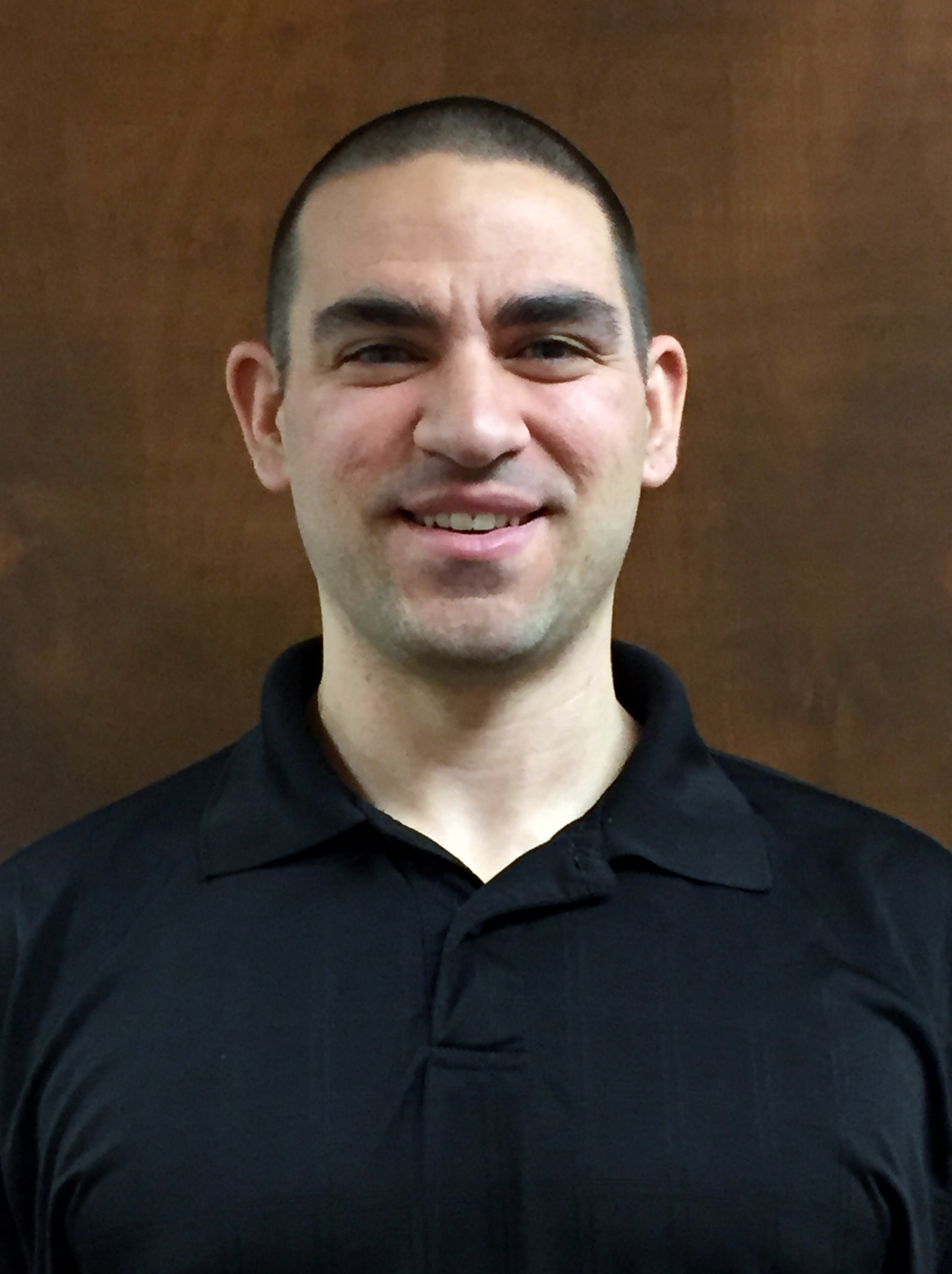Youth Gambling Posted On
As we come to the end of Problem Gambling Awareness Month, it’s important to talk about where gambling may begin: youth. 68% of American youth between the ages of 14 and 21 have gambled, and these youth are at more than double the risk for developing problem gambling than the general population; the younger a youth starts gambling, the more likely he/she is to develop a gambling problem. It’s also important to note that youth who are experiencing problem gambling are at a much higher risk for substance abuse, a drop in school grades, and to partake in other risky behaviors.
Starting the Conversation
“I think my child might be gambling. What do I do?”
The simple answer to this is to talk to them. Simply bringing up important issues, like underage gambling, brings to youths’ attention to the fact that the activity may not be a good choice. Although youth may seem sarcastic, uninterested, and practice avoidance, they are listening to what you say. If you express a negative attitude about underage gambling, and you yourself seldom gamble, your child is much less likely to engage in gambling activities. Just by stating that you do not condone underage gambling can deter them from engaging in gambling activities.
Here are some tips for starting a conversation with youth about the dangers of gambling:
- Have a positive attitude about talking. If you seem angry and/or uncomfortable, your child will read that and feel defensive before the conversation begins.
- Begin the conversation showing a general interest in the youth’s life. Ask about school, friends, and a possible relationship.
- Continue by asking simple questions like, “what have you been doing with your friends?” or “do you have any money on march brackets?”
- If you hear something alarming, take a deep breath and think about how your child may feel sharing this information with you. Remember, if they share things, they’re willing to talk about them, so stay positive.
- Keep in mind that talking with your child will be an on-going conversation. Their interests, friendships, and habits will change as they grow, so keep an open dialogue about their lives because helping your child grow means keeping an awareness about their lives.
Preparing for the Conversation
A great way to prepare yourself for a conversation with your child about underage gambling is to view an example. Visit the New York Council on Problem Gambling’s YouTube page to see some great examples of how these conversations may go.
You can check out our eBook titled The Dangers of Youth Gambling Addiction for some more information to help you with your talks about underage gambling.
For additional tools and resources for parents, youth, and community leaders, visit youthdecideny.org.
If you are concerned about your child’s gambling, call the NYS HOPEline 1-877-8-HOPENY (or 1-877-846-7369).
Start the conversation today, and begin to help your child while fostering a strong relationship with them for the future.

